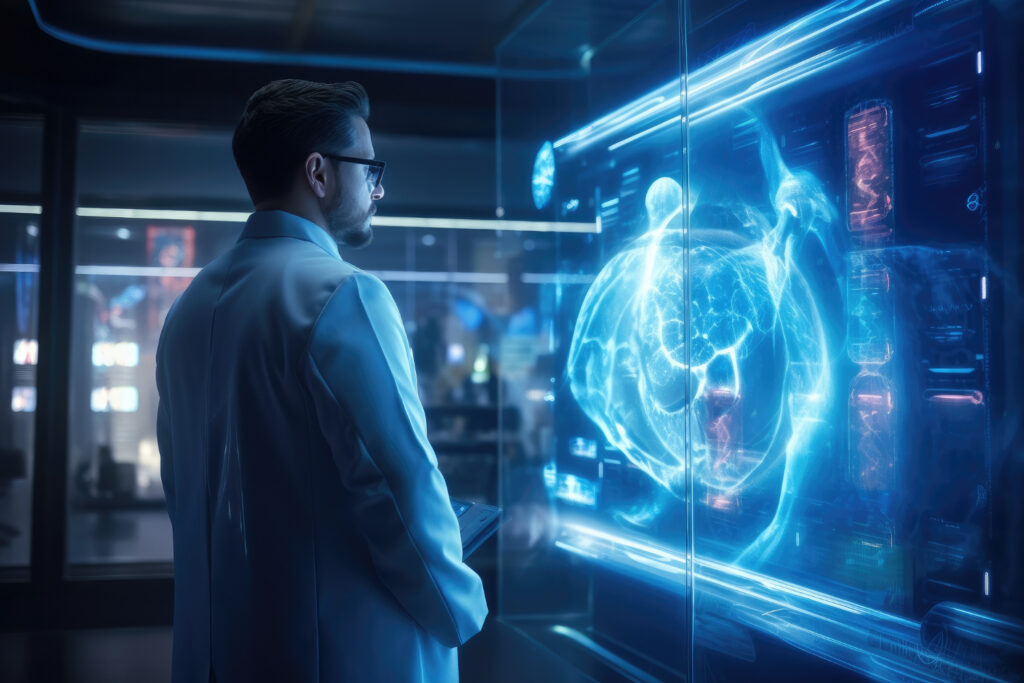
The integration of Artificial Intelligence (AI) in healthcare is transforming the field of cardiovascular surgery. Traditionally known for its complexity and high-risk nature, heart surgeries are now becoming safer, more precise, and highly efficient thanks to AI.
From surgical planning to post-operative care, AI is assisting cardiac surgeons in ways never imagined before.
AI algorithms analyze a patient’s medical history, diagnostic tests, and imaging data such as CT scans, MRIs, and echocardiograms. This allows for:
With detailed predictive insights, surgeons can prepare thoroughly, reducing uncertainty and improving success rates.
One of the biggest breakthroughs is robotic-assisted heart surgeries. These systems, guided by AI, allow:
AI enhances robotic systems by enabling real-time adjustments based on patient vitals and movements, allowing for safer and quicker recovery.
AI systems monitor the patient’s heart rate, blood pressure, oxygen levels, and more during surgery. If abnormalities are detected, AI can:
This helps reduce human error and ensures that critical signs are never missed.
Post-surgery, AI continues to play a key role by:
By using predictive analytics, doctors can intervene earlier in case of complications.
AI brings significant benefits to cardiac care, including:
As AI continues to evolve, its role in heart surgeries will expand beyond support to full integration. Future possibilities include:
AI is not just improving current surgical outcomes—it’s laying the groundwork for a future where heart surgeries are safer, smarter, and more successful.
AI is reshaping the landscape of heart surgery by empowering surgeons with accurate data, intelligent tools, and real-time insights. The result is better decision-making, improved patient safety, and superior outcomes.
Healthcare providers and hospitals embracing AI in cardiac care are leading the way into a new era of precision surgery. It’s not science fiction—it’s happening right now.